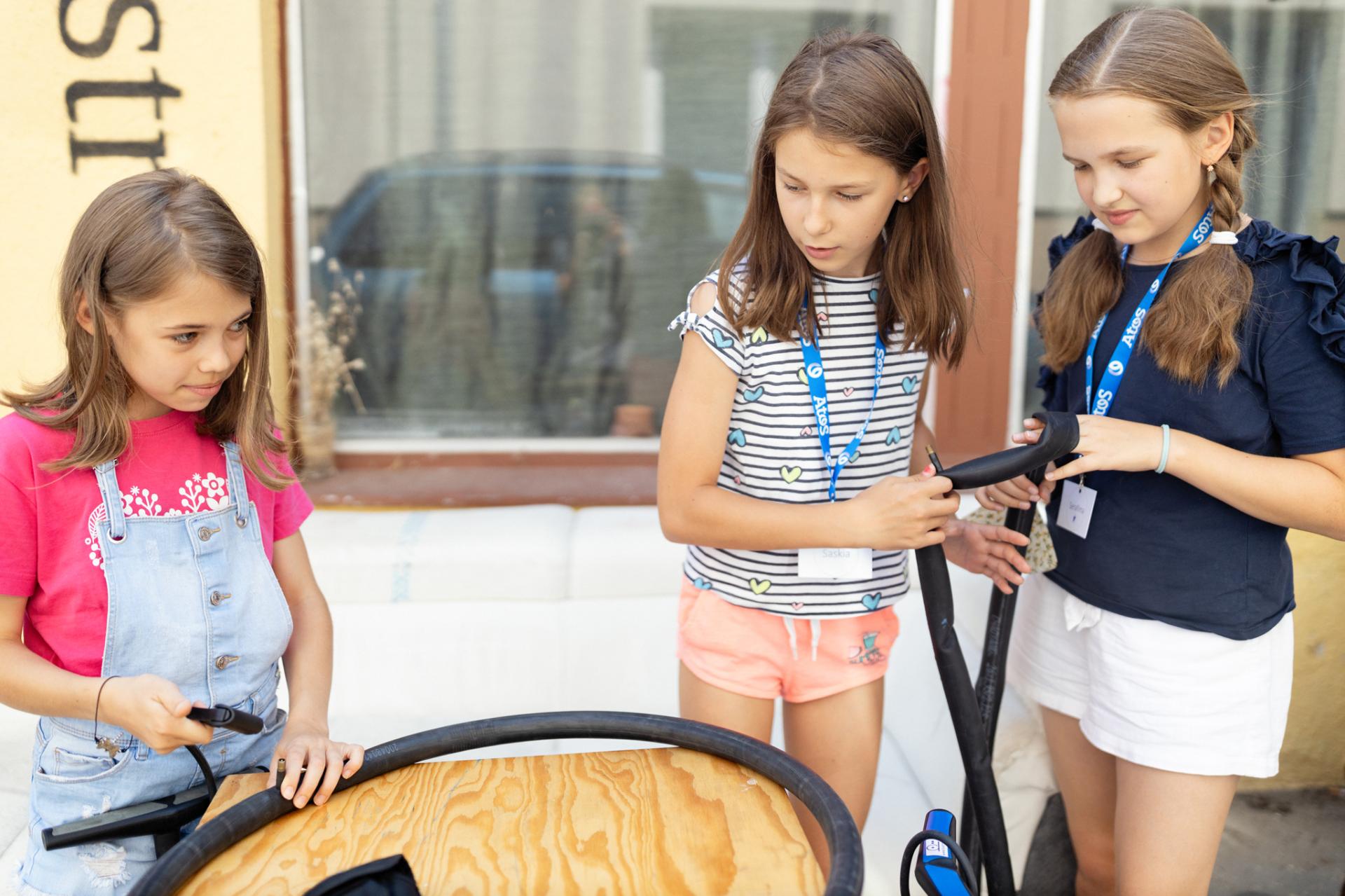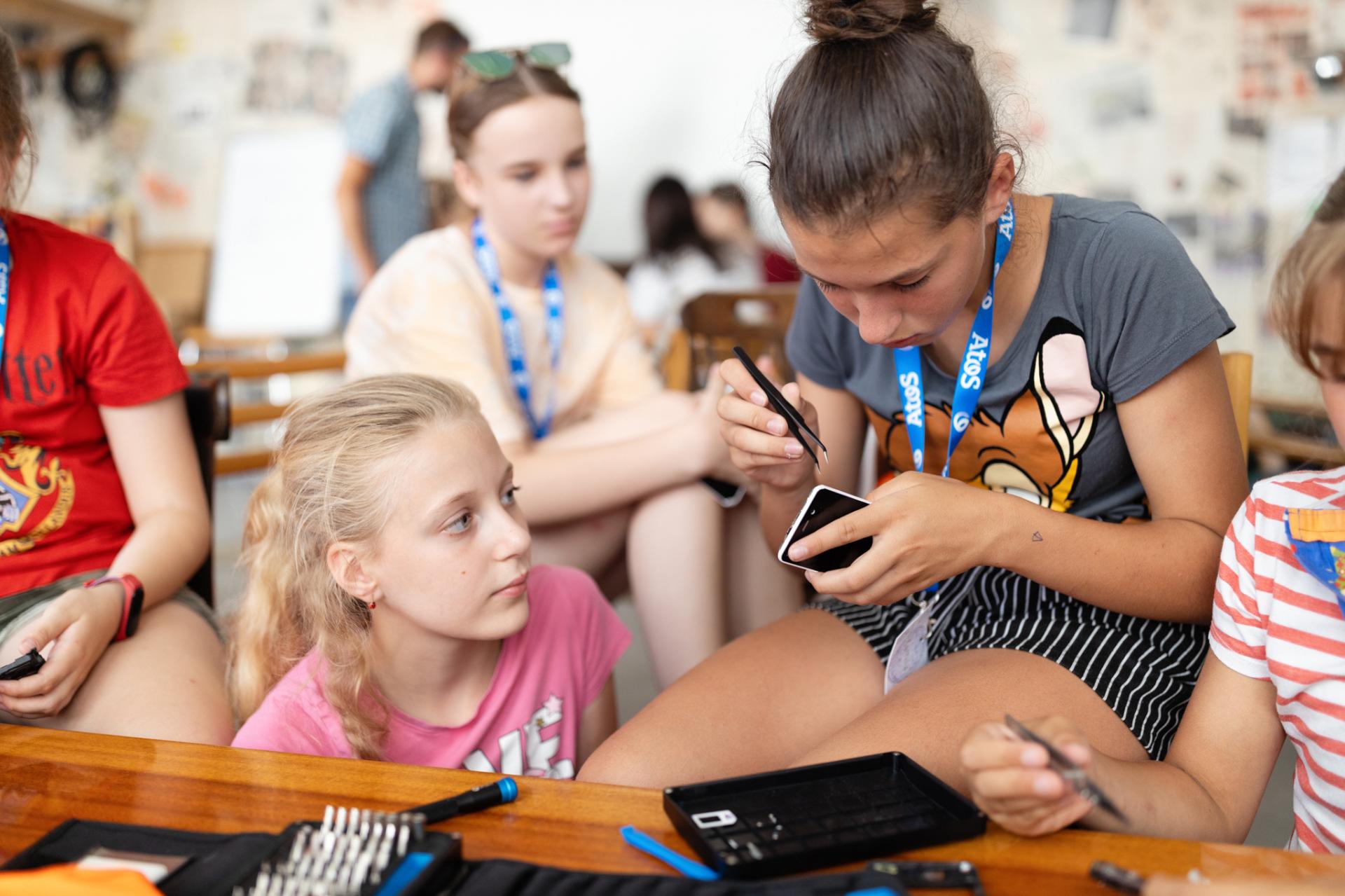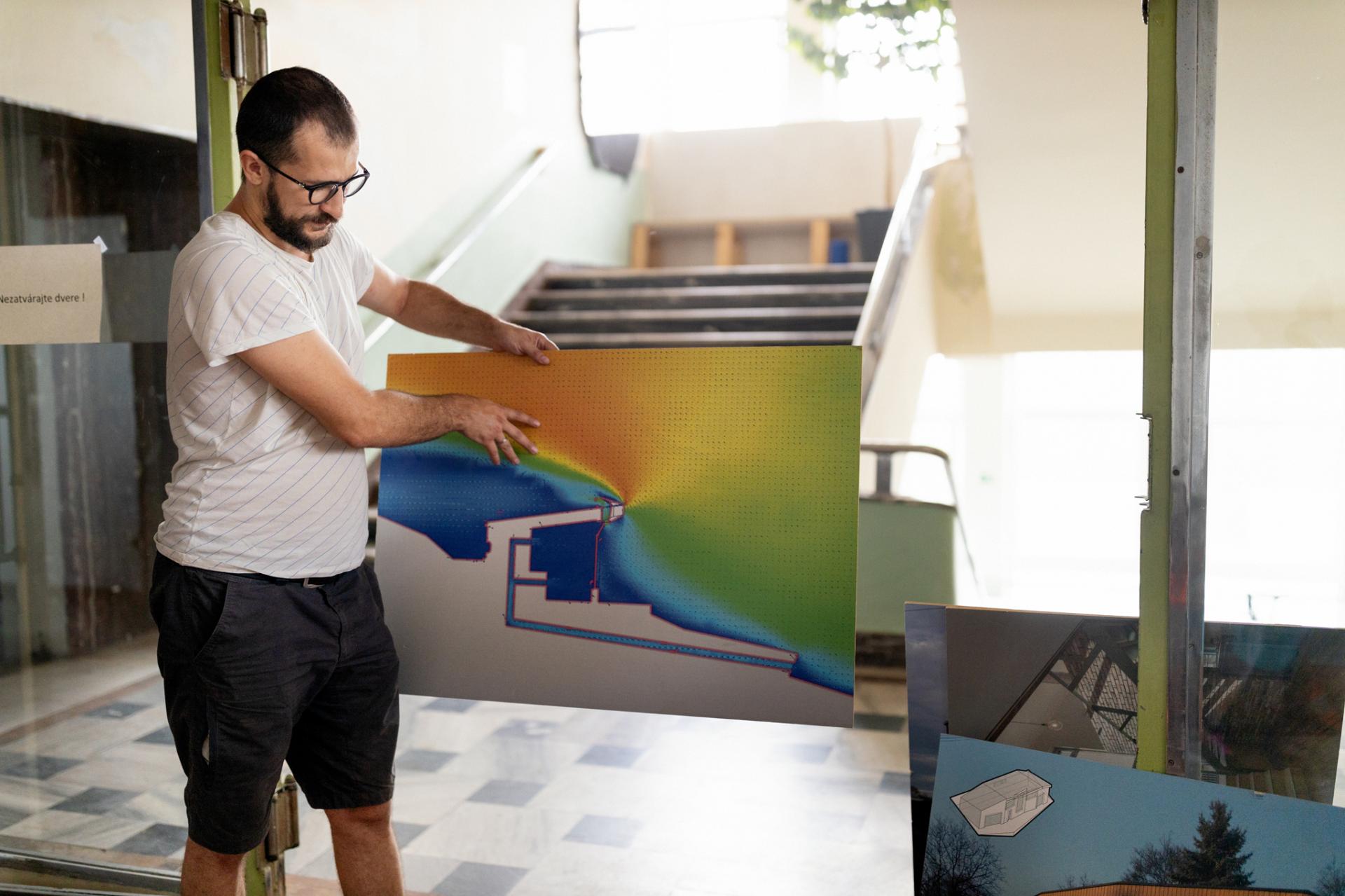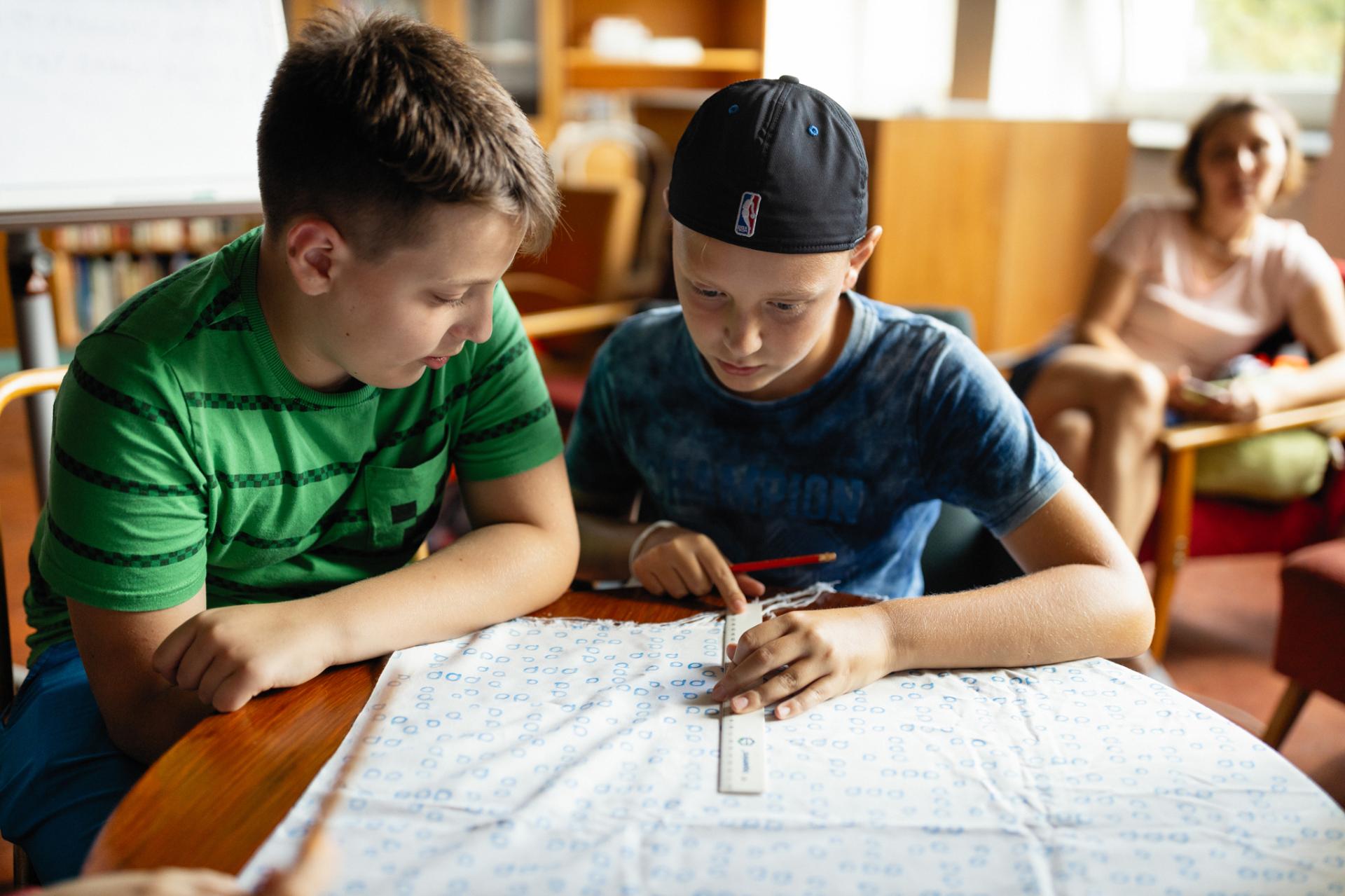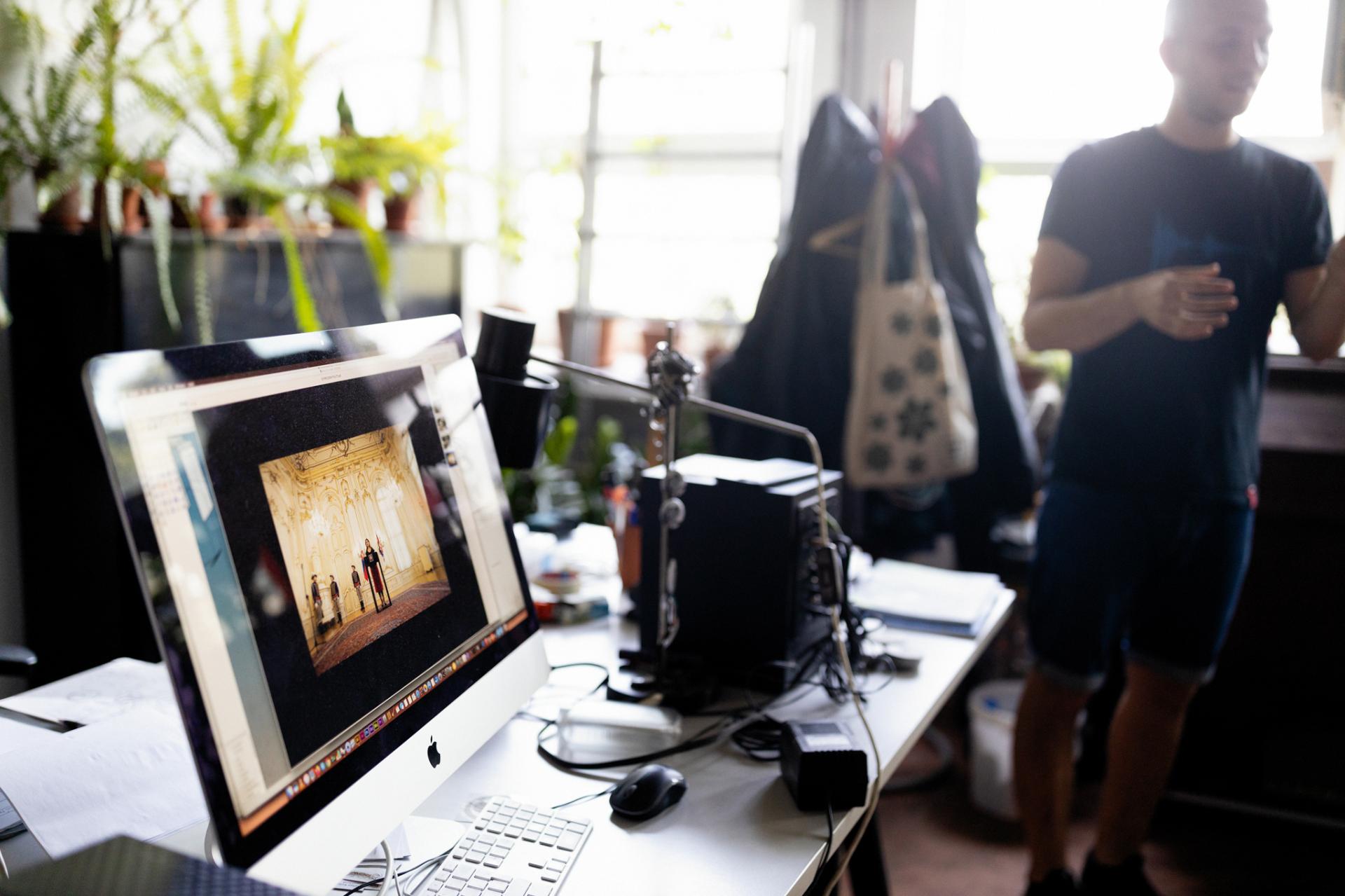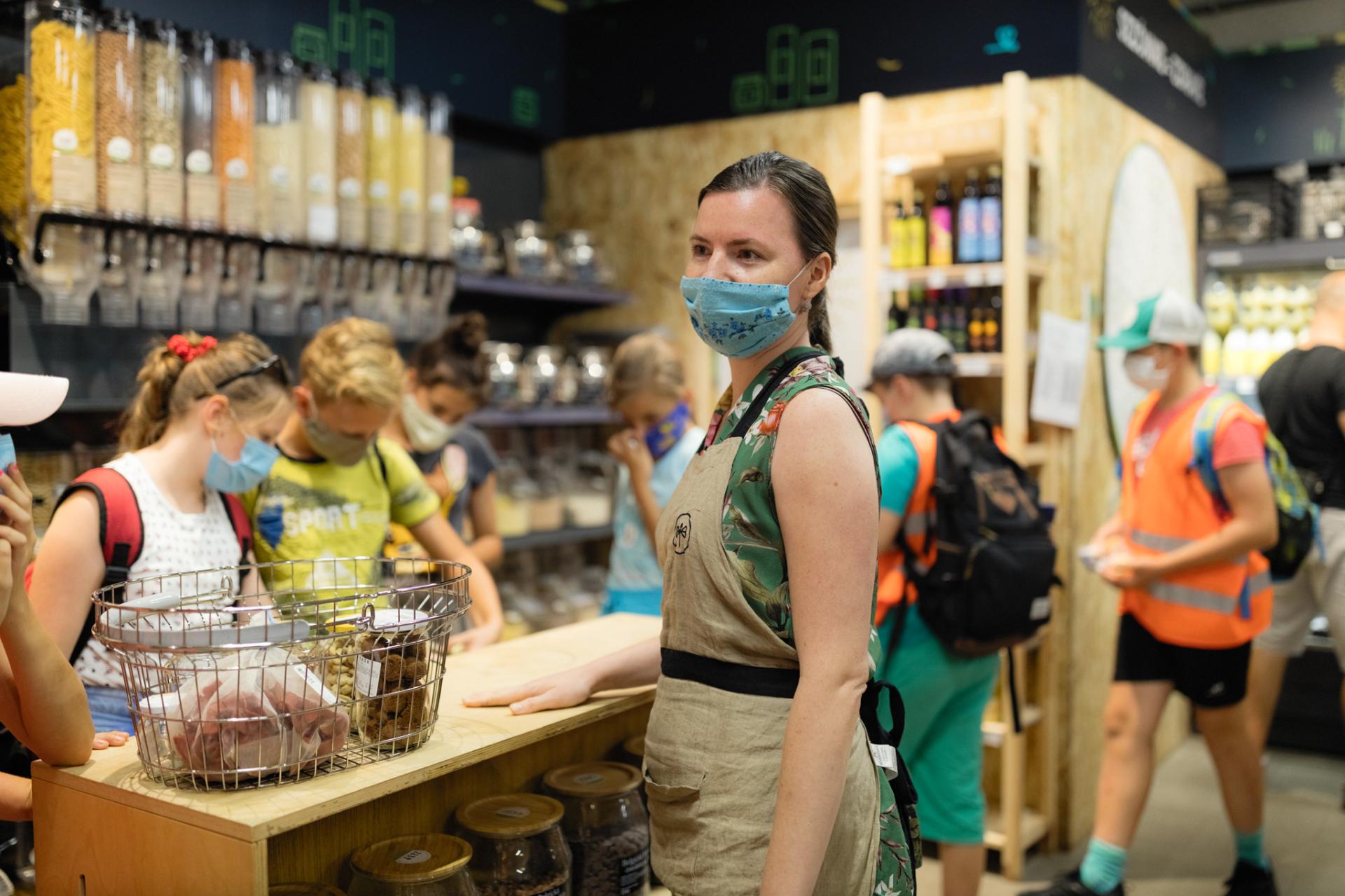Economy in circle
Basic information
Project Title
Full project title
Category
Project Description
The aim of this event was to demonstrate the essence of the circular economy to primary school students. Beside theoretical presentations, the activities were aimed at showing children where they encounter the circular economy in their daily lives and to master these principles in practice. Our goal was to show and test specific examples on which the next generation will learn about a way of life that is sustainable and responsible for the environment.
Project Region
EU Programme or fund
Description of the project
Summary
the 3E Institute, Faculty of Management of Comenius University in Bratislava, and the Circular Slovakia platform are the three organizations that have got involved in the preparation of an educational summer school project called "Economy in Circle".
The aim of this event was to demonstrate the essence of the circular economy from interdisciplinary perspective to primary school students. Beside theoretical presentations, the activities were aimed at showing children where they encounter the circular economy in their daily lives. The summer school included lectures, thematic workshops, and excursions led by experts in the field of circular economy.
In the introductory general part, we compared the linear and circular economy and approached the concept of product life cycle and the basic attributes of the circular economy. After the general part, the summer school was divided into various thematic activities, in which children can realize the meaning of public transport, sharing, waste sorting, recycling or composting, but also the negative effects of consumer behavior on the environment.
Topics related to activities in the urban environment, whether urban community gardens, urban bees, circulatory architecture, green roofs, and green buildings. But also activities aimed at circular behavior by individuals and entrepreneurs, such as food waste reduction, proper waste sorting or upcycling fashion.
Key objectives for sustainability
Global issues, such as climate change or the high level of consumption of natural resources, necessarily require a change in our way of life and a transformation in the way we think and act. To achieve this transformation, we need not only new knowledge and skills, but also new values and behaviors that will lead to a more sustainable society. It is innovative approaches in sustainability education, such as the cooperation of stakeholders - the private sector, public administration or educational institutions, and their active participation in the educational process have the potential to transform society's thinking and change their value ladder.
The expected benefit of this summer school is the spread of environmental awareness among the inhabitants of the cities, especially among primary school students, and practical demonstrations of how the principles of the circular economy can be applied in everyday life.
The focus of the summer school has the potential to reach the young generation of people in cities, who will behave sustainable, learn how to buy and design sustainable products, prevent waste, minimize waste generation, increase sorting rates, or reuse or share and repair products.
Key objectives for aesthetics and quality
The aim of such a summer school concept is to introduce children to innovation, which consists in the use and application of the interdisciplinary concept of circular economy, starting with the design of products, their production, and reuse of waste materials, whether in construction or the textile industry. In this pilot project, children showed an incredible interest in the issue of the circular economy, including its application in practice.
The aim of the summer school was also to try out practical examples on which the next generation will learn about the way of life that is responsible to the environment by involving experts and designers from the field of circular economy who are unique in their capacity to collaborate alongside various disciplines to pioneer new solutions to our most pressing challenges.
Within our concept of the school we work with designers that prioritizes evolution, longevity and aesthetics rather than just functionality and novelty. During the workshops, we directly involved children in the creation or repair of sustainable and aesthetic products. By harnessing their vast technical and human expertise, designers showed children how to work to create products and systems that support circular business models and inspire impactful behavior change.
Key objectives for inclusion
Environmental and sustainable education in Slovak schools is at insufficient level. The implementation of sustainability and environmental education in formal education is not monitored. The practice of teaching sustainability and environmental education as a formal part of the learning content does not guarantee the effectiveness of the educational process. The shortcomings are mainly in the areas of content and methods, interconnection of cross-cutting topics, available opportunities for extracurricular activities and systemic support of responsible teachers. Teachers without an adequate academic environmental basis and the necessary forms of in-service training may have difficulty integrating topics into their subjects.
First and foremost, awareness of a responsible approach to the environment should be integrated into the education system from an early age, continuing through primary and secondary education, and recognizing that universities have a major societal influence in inspiring and educating young professionals coming to work.
At the same time, however, education outside the standard education system and curriculum also plays a crucial role in the development of new skills and environmental competencies. Such format should be available even to students that do not have environmental education background.
This informal form of teaching is based on various learning theories using a wide range of educational activities, such as summer schools, seminars, interactive games and field trips. The aim of such activities is to provide children with new ways of learning and professional skills that are so fa not able to learn in their schools and will lead them to more sustainable behavior.
In addition to university teachers, experts from practice were also involved in the project, which supported the interconnectedness of the academic and business spheres. In this way, children were able to verify how the knowledge presented by teachers is applied in practice.
Results in relation to category
The skills and competences needed for a sustainable future are important for interdisciplinary education in the circular economy, from a detailed knowledge of resources and raw materials to an understanding of the social behavior needed to create a model that works for society, the economy and the environment. To achieve this goal, students cannot be expected to acquire knowledge simply by learning it, or to master skills by showing themselves to them. Students must really be involved in the activities they are to learn. It is important that they strive for understanding that leads to the constant acquisition of new knowledge and skills, their integration with previous knowledge and skills and the ability to apply them in new situations (in-depth learning approach).Thank to our education model the participants of the summer school acquired new knowledge, skills and values through emotional experiences and their own experience thanks to the use of the principles of experiential pedagogy.
In the concept of our summer school educational model, each lecture is connected with a practical demonstration, whether in the form of an excursion or a workshop. An innovative aspect is raising awareness of a responsible approach to the environment and its integration into the education system from an early age. To achieve this change, this summer school seeks to identify and develop advanced skills and competencies, new values and pro-environmental behaviors that support moving towards a sustainable society.
How Citizens benefit
The benefit of this project is the connection of non-profit organizations, entrepreneurs and educational institutions in spreading the topic of the circular economy and sustainable behavior. Through this link, bring the latest information on the circular economy to the general public.
By organizing this summer school, we wanted to map the various actors operating in the field of circular economy in Slovak cities, willing to provide their know-how in education. By creating such a map, the public will learn where it is possible to find local actors in different cities, who significantly contribute to the sustainable life of city dwellers and the quality of the environment.
Innovative character
The innovativeness of this project lies in the connection of education, examples of good practice in an interactive and entertaining form. The principles of experiential pedagogy were used, which is exceptional in that it provides new knowledge, skills and values through aesthetic, emotional and personal experience. It is especially effective because, thanks to the involvement of more senses and strong emotions, children are able to remember experiences and new information better.
Each lecture was connected with a practical demonstration, whether in the form of an excursion or a workshop. In total, the children attended several interactive lectures, excursions and workshops during one intensive week. In this pilot project, children have shown an incredible interest in the issues of waste management, recycling, architecture and the functioning of the circular economy, including its application in practice.
Innovation also lies in the very use of the interdisciplinary concept of circular economy, starting with the design of products, their production, consumption and degradation in the form of waste, whether in the food, construction or textile industry.
Another innovative aspect is raising awareness of a responsible approach to the environment and its integration into the education system from an early age. The summer school tried to achieve this change identify and develop advanced skills and competencies, new values and pro-environmental behaviors that supports the move towards a sustainable society.

